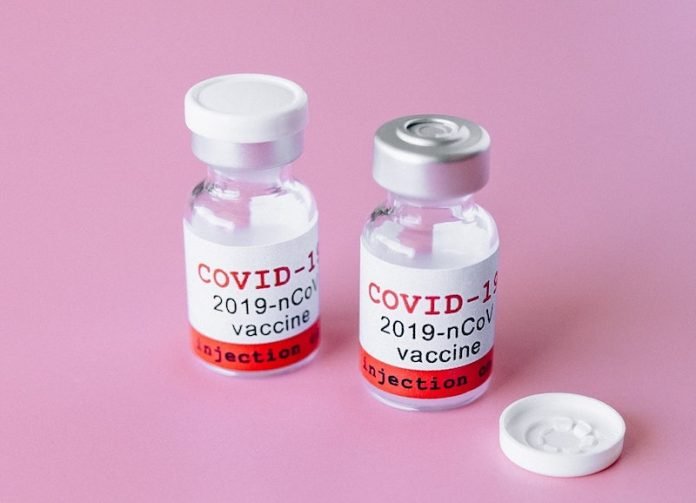
In two new studies from Washington University in St. Louis and The Rockefeller University, researchers found that COVID-19 vaccines may provide protection for at least a year, and possibly much longer, to people who were previously exposed to the virus.
In both studies, the researchers looked at people who had been exposed to severe COVID-19 about a year earlier
In one study, the team found that cells that remember the virus persist in the bone marrow and may produce antibodies whenever needed.
In the other study, the team showed that these memory B cells continue maturing and strengthening for at least 12 months after initial infection with the coronavirus.
Together, the new findings suggest that most people who have recovered from SARS-CoV-2 infection and were later vaccinated will not require booster shots.
They are consistent with the growing body of literature that suggests that immunity elicited by infection and vaccination for SARS-CoV-2 appears to be long-lived.
But it is possible that vaccinated people who were never infected will still need booster shots, as will some people who were infected but did not produce a strong immune response against the virus.
The memory B cells that are produced in response to coronavirus infection and boosted by vaccines are so powerful that they can fight off even variants of the virus, eliminating the need for boosters.
Researchers say that people who were infected and get vaccinated really have a terrific response, a terrific set of antibodies, because they continue to evolve their antibodies.
If you care about COVID-19 vaccines, please read studies about scientists develop a safe, low-cost new COVID-19 vaccine and findings of got your COVID-19 vaccine? Here’s what you should do next.
For more information about COVID-19 vaccines and your health, please see recent studies about sleep can maximize vaccine effectiveness and results about COVID vaccines: Does it matter which one you get?
The study findings are published in Nature and BioRxiv. One author of the studies is Michel Nussenzweig, M.D., Ph.D.
Copyright © 2021 Knowridge Science Report. All rights reserved.



